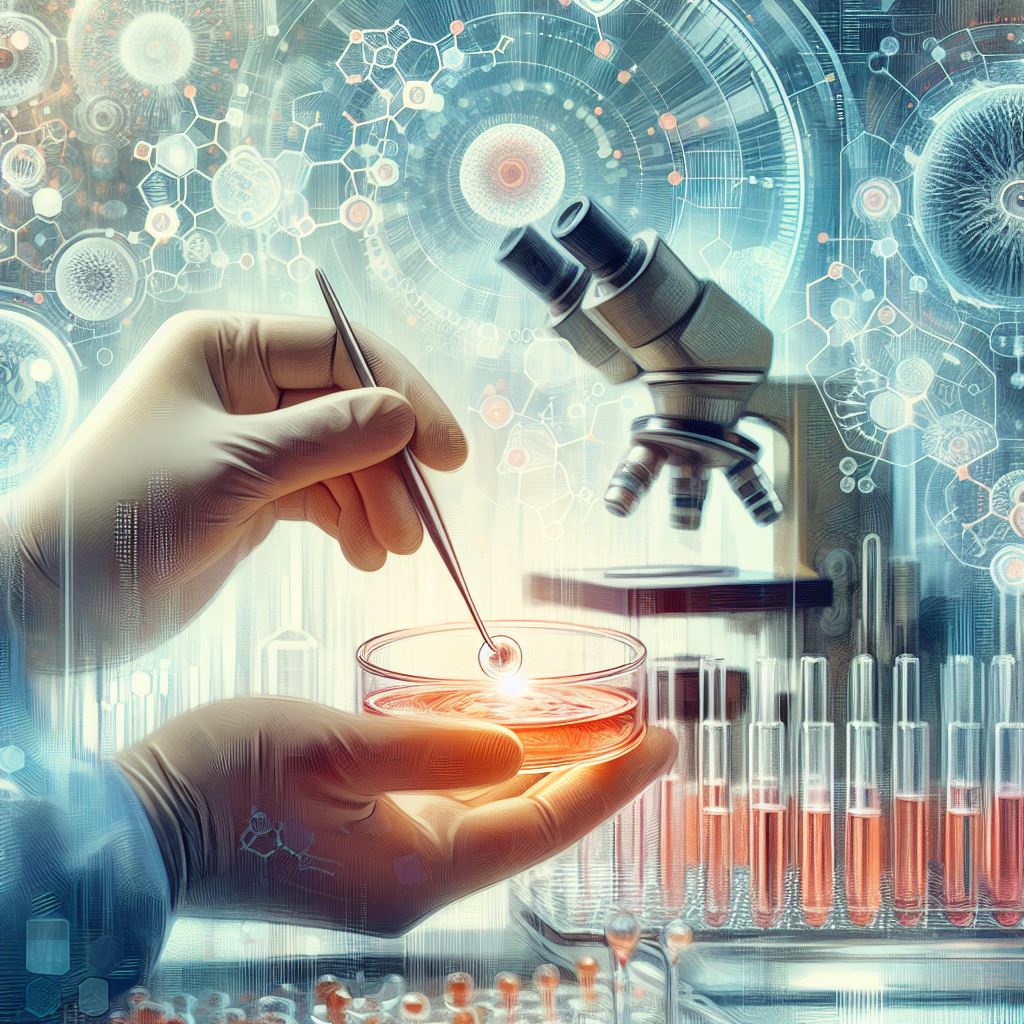
Egg donation has become a vital solution for many couples and individuals facing fertility challenges. The process involves a woman (the donor) providing her eggs to help another woman or couple conceive. This technique is typically employed when a woman has difficulty producing viable eggs, often due to various medical or lifestyle factors. Below are some of the common reasons why women might seek egg donation:
Choosing an appropriate egg donor is a critical step in the egg donation process. Fertility centers conduct thorough evaluations to ensure donors are suitable for the program. This evaluation includes medical, psychological, and gynecological examinations, alongside comprehensive blood and serological tests to check for infectious diseases and genetic disorders.
Here are the key components of the egg donation process:
Donors undergo rigorous screening to ensure their suitability for egg donation. This process includes:
Once the donor is approved, she undergoes ovarian stimulation, a process that uses hormone injections to encourage the production of multiple eggs. This step is closely monitored by fertility specialists to ensure the donor’s safety and optimal egg production.
After ovarian stimulation, the donor’s eggs are retrieved through a minor surgical procedure. These eggs are then fertilized with sperm from the recipient’s partner or a sperm donor. The resulting embryos are cultured in a laboratory until they reach the desired developmental stage.
Once the embryos are ready, they are transferred to the recipient’s uterus. The transfer process is straightforward and typically does not require anesthesia. The recipient then undergoes pregnancy monitoring to ensure successful implantation and development.
Egg donation involves significant legal and ethical considerations. It is essential to establish clear agreements between the donor and recipient, including compensation, anonymity, and future contact rights. Fertility centers ensure all parties understand their rights and responsibilities throughout the process.
Egg donation provides hope for many couples and individuals struggling with fertility issues. By carefully selecting and evaluating donors, fertility centers aim to achieve successful outcomes while ensuring the safety and well-being of all involved parties.